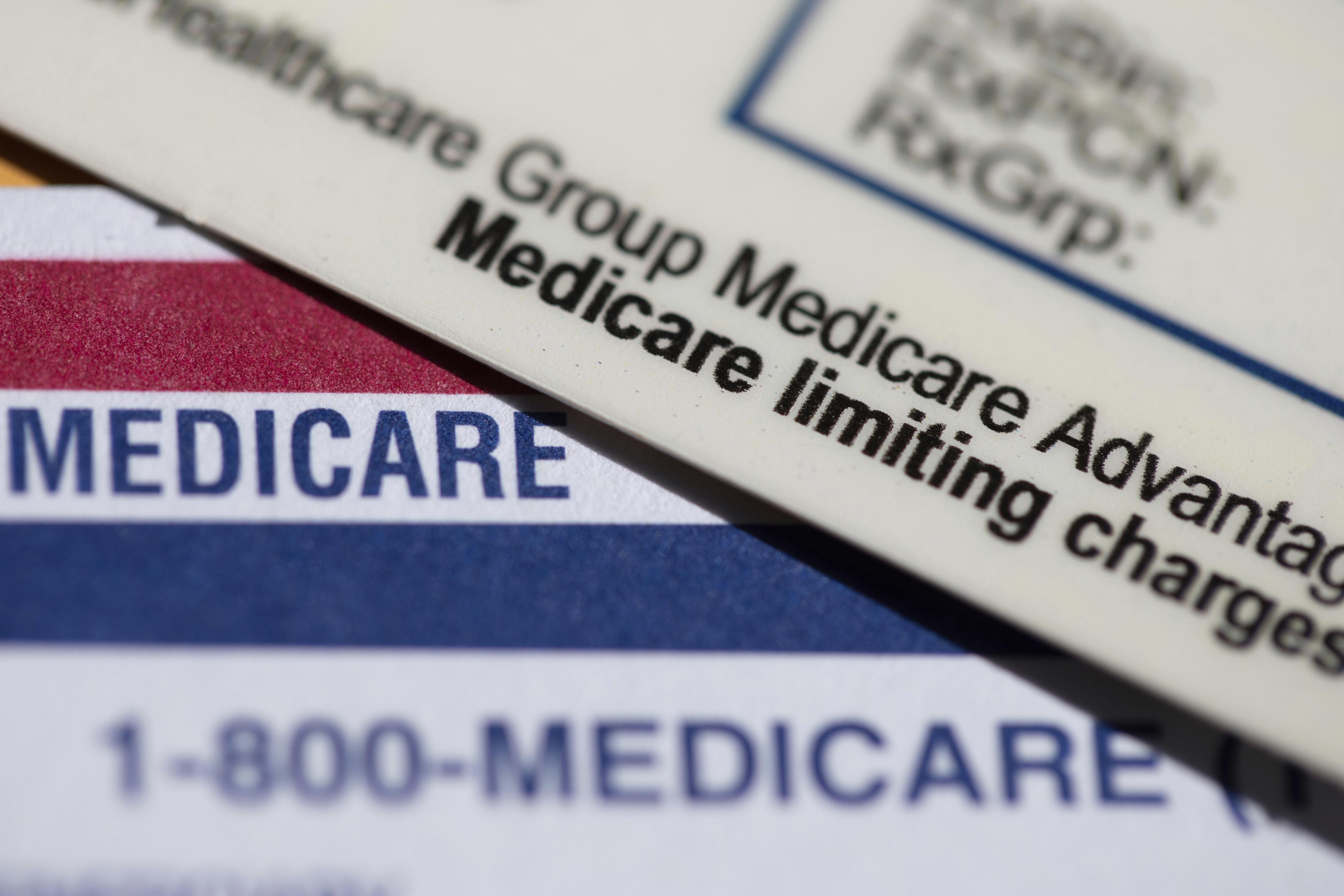The Commonwealth Fund report highlights two major factors shaping health outcomes for Medicare beneficiaries across the country — the burden of chronic conditions and the growing prevalence of loneliness among older adults. Both issues are especially pronounced in lower-ranked states like Louisiana, Mississippi, and Alabama.
Nationwide, about two-thirds of people enrolled in traditional Medicare live with three or more chronic conditions, such as diabetes, heart disease, or arthritis. Managing these conditions requires consistent care coordination and access to health services — areas where the Gulf South continues to struggle.
Medicare plays a vital role in the nation’s health care system, providing coverage for more than 68 million Americans — nearly all adults aged 65 and older and some 7 million younger people with disabilities. But while the federally-administered program is designed to provide uniform benefits, the data shows that where a person lives still has a significant impact on their experience with Medicare.
“We generally think of Medicare as being a program for older adults,” David Radley, a senior scientist for health system tracking at The Commonwealth Fund and one of the report’s authors, said. “But the way that states think about health care really affects the way that Medicare ultimately sort of plays out in their state.”
Top-performing states — Vermont, Utah, and Minnesota — tend to have stronger health systems overall. These states often offer more generous Medicare Advantage and prescription drug plans, lower out-of-pocket costs and better access to providers.
In contrast, lower-ranked states, particularly in the Gulf South, face systemic challenges, including physician shortages, higher poverty rates and limited infrastructure to support older adults.
“In all three of those states — Alabama, Mississippi and Louisiana — all of them have a higher than average percent of beneficiaries that qualify for low-income subsidies.”
He noted that nearly 28% of Medicare beneficiaries in Louisiana and Mississippi receive such subsidies, compared to 20% nationally — a clear sign of economic vulnerability that can affect access to care.
“Even if you have insurance, it affects the way that you access health care,” he said. “You may be in a situation where you do have to make a choice between should I fill this prescription or should I buy food this month?”
Here’s a quick, state-by-state breakdown of the report’s findings for our region:




